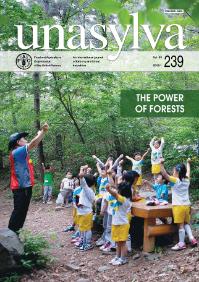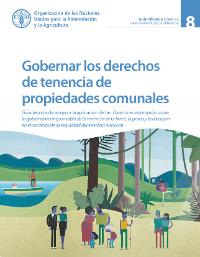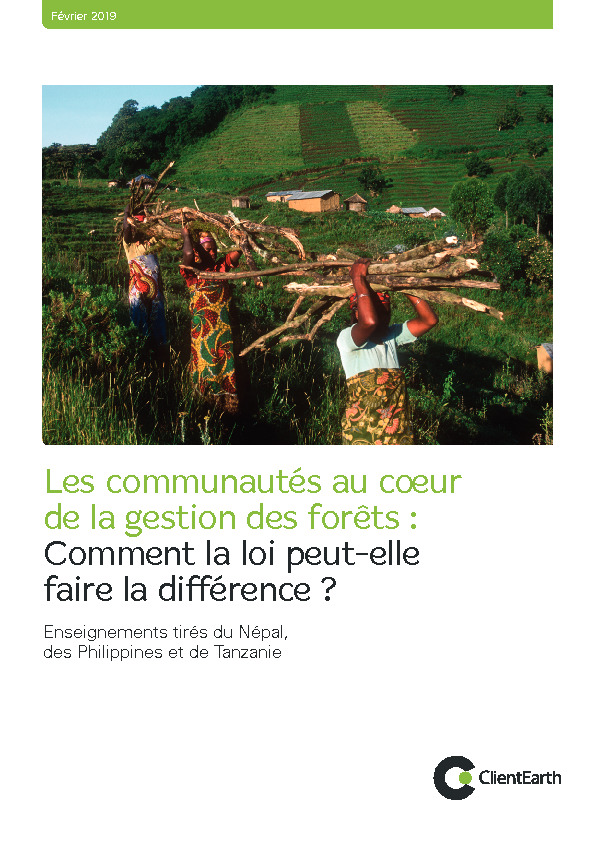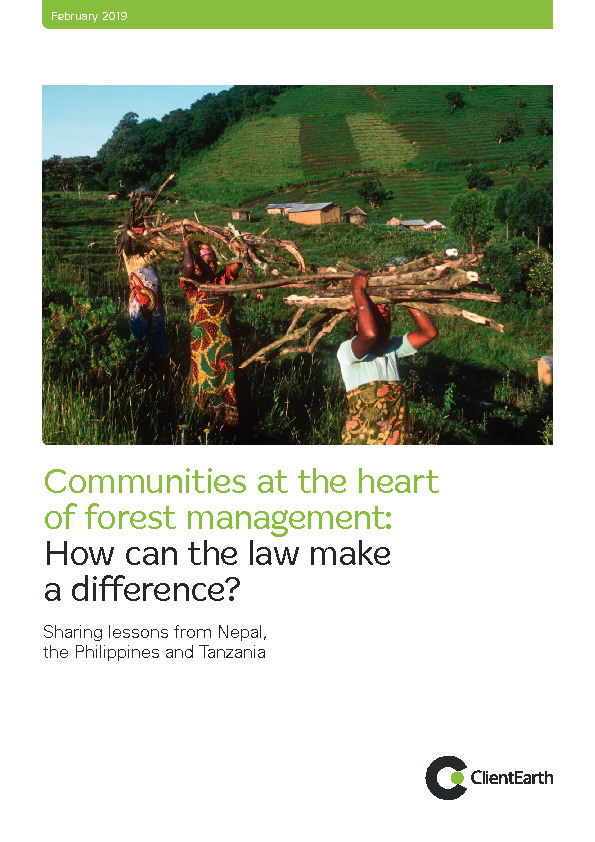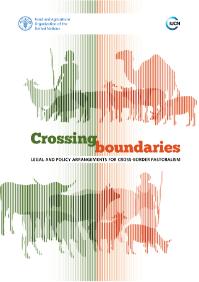L’accès des femmes au foncier dans l’Extrême-Nord du Cameroun Entre persistance de la tradition et dynamiques socio-économiques
Les femmes de la région de l’Extrême-Nord du Cameroun font face à un environnement sociologique qui limite leur accès au foncier : mariage, illettrisme et ignorance des dispositions règlementaires, complexité et coût des procédures de sécurisation foncière, facteurs financiers... Par ailleurs, l’accès des femmes au foncier est accompagné des perceptions locales à la fois positives et négatives, mais qui reste fortement influencées par la coutume et les règles traditionnelles.


